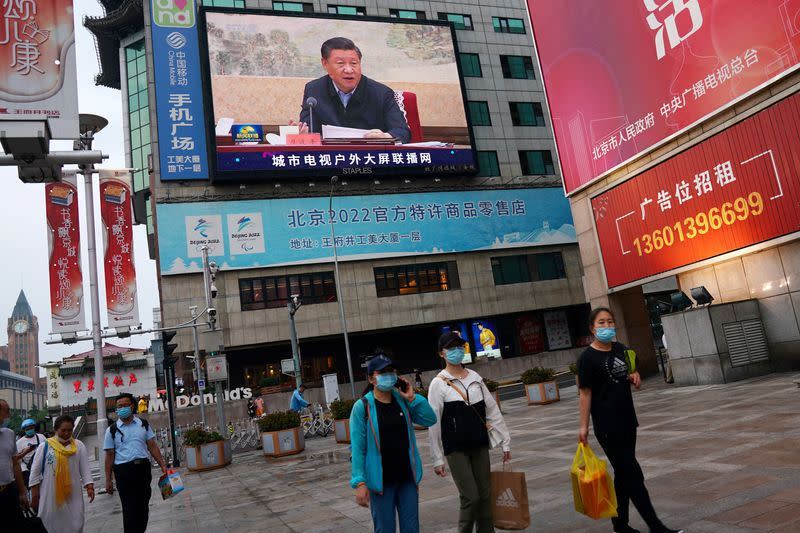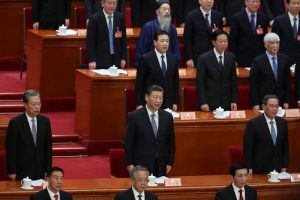Beijing will continue to return to its old debt-reliant playbook and issue more government bonds as the world’s second largest economy tackles crisis on multiple fronts.
China’s newly appointed finance chief Lan Foan told state-run news agency Xinhua that his ministry will accelerate the issuance and use of government bonds.
The finance ministry will steadily promote the resolution of local government debt risk and increase efforts to better leverage the role of special bonds to boost the economy, Xinhua cited Foan as saying on Sunday.
Also on AF: China Turns Focus on Rare Earths Sector Amid Trade War with US
China’s municipal governments are saddled with almost $13 trillion in debt, primarily from local government financing vehicles (LGFVs). The crisis has been worsened by the slowdown in the property sector — which was once their primary source of income.
Some new local government debt quotas for 2024 have been issued in advance to reasonably ensure local financing needs, finance chief Lan said.
“The Ministry of Finance will continue to implement a proactive fiscal policy, focus on improving efficiency, and better play the effectiveness of fiscal policy,” he added, while also noting a “complex domestic and international situation”.
Lan’s statements follow an approval by China’s top parliamentary body for the issuance of 1 trillion yuan ($137 billion) in sovereign bonds in the fourth quarter. The bonds are meant to fund the rebuilding of areas affected by floods, state media reported.
Those moves are well-in line with China’s decades-long strategy of heavily using debt and state spending to boost the economy. Critics say, however, that by continuing on the same path, Beijing is falling short on deeper reform needed to avert more crisis like the one engulfing China’s massive property sector.
View this post on Instagram
Bumpy road
Lan’s appointment as the finance minister came at a time when Beijing is ramping up fiscal stimulus to revive the Chinese economy.
A 61-year-old technocrat with little central government experience, Lan was named finance minister in state media last month. He succeeded Liu Kun who had held the position since 2018.
Previously, Lan was party chief of the northern province of Shanxi.
His appointment also came amid small signs of improvement in China’s economy after a largely disappointing recovery from stringent Covid-19 related curbs of the pandemic years.
The Chinese economy grew faster than analyst estimates in the third quarter, improving the chances the government can meet its full-year growth target of around 5%.
Headwinds persist, however, as a property crisis deepens and private firms are reluctant to spend amid weak confidence.
- Reuters, with additional editing by Vishakha Saxena
Also read:
China Facing Reality Check After Long Boom Built on Debt
Multiple Moves Needed to Defuse China’s Local Debt Crises
China Set to Tighten Hold on Crackdown-Hit Finance Sector
China’s Central Bank Chief Pledges ‘Forceful’ Economic Support
China Asks Banks to Roll Over $13tn Local Debt at Lower Rates
China’s Property Sector Will Remain Weak For Years: Goldman
Country Garden Defaults on Bond, Sparks Contagion Fears – FT
























